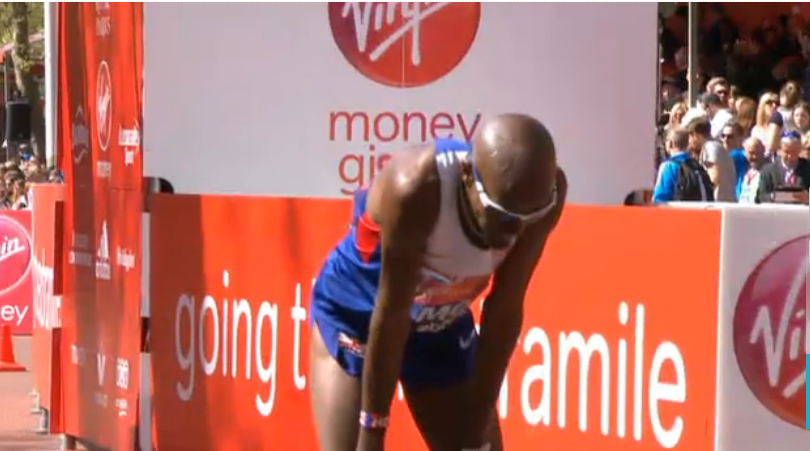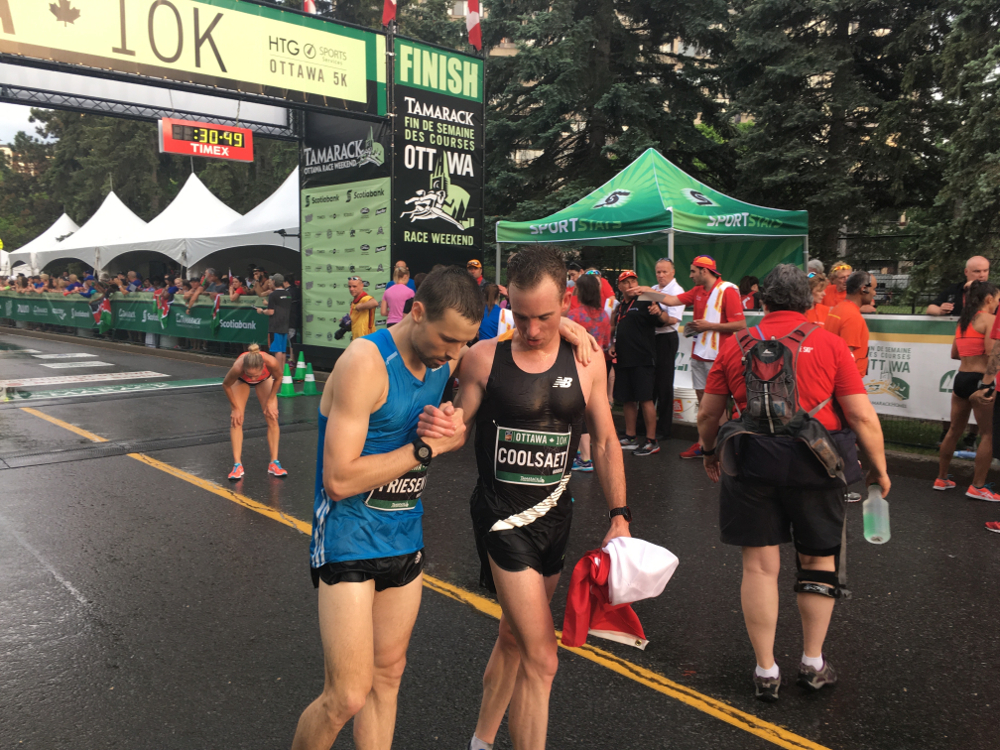How to bounce back from a bad race
Finding the reason(s) why a race went wrong can help learn from the experience and avoid making the same mistakes in the future


We’ve all been there before. What was supposed to be a great day, including perhaps setting a new personal or age category best, ended up what seemed to an all-time worst race.
RELATED: Racing tips – What to do before, during and after your race
Bad races happen to all us. Remember that in running, training and racing, weeks and months of consistency matter much more than one bad day. Don’t completely ignore a bad race, but don’t dwell on it either. Here are some tips and suggestions for how to deal, cope and overcome a bad run or race.
Ignore external factors
The very first thing you should do when a race goes poorly is to ask yourself why it happened. In many cases, there may be one or more external factors (factors that are out of your control) that may be to blame for a sub-par performance. Not to say you should make excuses for yourself or your result, but if your race was affected by adverse weather or conditions, an unforeseen personal issue or poor organization, you need to ignore the result and move on.
Heat, humidity, extreme cold, or driving winds and rain are examples of things that can all cause a good race to go bad. If race day turned out to be a dud, don’t beat yourself up about it. Likewise, if the course was covered in snow or slick from rain or ice, that’s just bad luck. If something unexpected happened in the days or week before the race and your running routine was interrupted as a result, excuse the bad run as a one-off.
Other reasons for a race gone wrong could be related to poor organization. Perhaps you were led off course, ran too far or not far enough, or weren’t given the necessary aid or supports. If this was the case, and the reason for a bad result, try your best to shrug it off.
Learn from your mistakes
In the absence of external factors, do accept responsibility for a poorly executed race. Perhaps you went out too fast (the number one mistake by beginners and veterans alike), didn’t fuel and hydrate properly (hot and humid races especially require you to take in fluids) or maybe you wore the wrong shoes and apparel. In these cases, it’s important that you admit to and learn from your mistakes. Racing well is about gaining experience, refining practices and doing things better the next time, and there will always be a next time. Be honest with yourself about how the race went, where it went wrong and what you could do better. Avoid making the same mistake twice.
Assess or reassess your training
In some cases, your expectations may not align with your preparation. Perhaps you ran a bad race because your goal was overly ambitious or your pacing plan was flawed. Having realistic expectations is essential for racing success and it’s important to reflect back on your training to determine what those goals should be. If you look back at your training and are honest about it, you should get a clear sense of where you’re currently at in terms of fitness and what you can accomplish. Consider how much you’re running, your total mileage, the type and frequency of your workouts and the number of your long runs you’ve done. Did you run more or less than you intended? Did you follow a plan or make things up as you went along? Once again, it’s important to be honest with yourself about your training and your level of preparation for any particular race.
Recommit to your goals
In all cases, you need to put your bad race behind you. Hopefully you will have learned something from the experience that you’re able to use to help you do better the next time. Now’s the time to think about your goals, assess whether they’re realistic, make changes or modifications if need be and forge a plan to move forward. Good luck!


